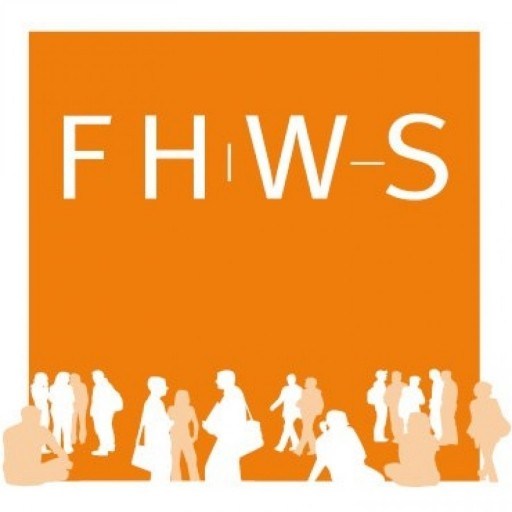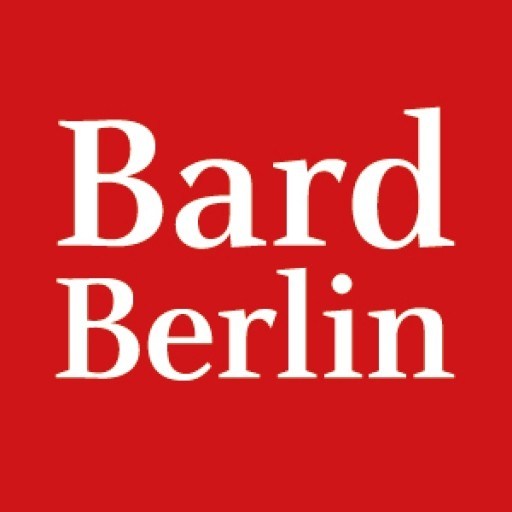Photos of university / #uniheidelberg
The Bachelor of Science in Health and Society at Heidelberg University offers students a comprehensive interdisciplinary education designed to explore the complex interactions between health, societal structures, and individual behavior. This program aims to equip students with a solid foundation in medical, social, and political sciences, fostering a holistic understanding of health issues within contemporary society. Throughout their studies, students engage with a wide range of topics including public health, health policy, epidemiology, sociology, psychology, and healthcare systems, enabling them to analyze and address pressing health challenges from multiple perspectives.
The program emphasizes practical skills such as data analysis, research methods, and critical thinking, preparing graduates for careers in health administration, public health organizations, social services, or further academic study. Students will have opportunities to participate in internships, project work, and interdisciplinary seminars, encouraging collaboration and real-world problem-solving. Heidelberg University's strong international orientation also allows students to gain insights into global health issues, health disparities, and international health policies, fostering a global outlook and cultural competence.
Designed for students interested in understanding how societal factors influence health outcomes, the program combines theoretical knowledge with applied learning to promote a nuanced understanding of the social determinants of health. Graduates of this programme will be well-equipped to contribute to health policy development, community health initiatives, and research projects. With experienced faculty members and state-of-the-art facilities, Heidelberg University provides an optimal environment for academic growth and professional development in the field of health and society. The Bachelor of Science in Health and Society prepares students not only for immediate employment opportunities but also for lifelong engagement in promoting health equity and societal well-being.
The "Health and Society" program at Heidelberg University offers a comprehensive interdisciplinary approach to understanding the complex interactions between health, societal structures, and public policy in South Asia. This program is designed to equip students with the theoretical knowledge and practical skills necessary to analyze health issues within diverse social contexts, particularly in the culturally rich and rapidly changing societies of South Asia. Students will explore a broad range of topics, including the social determinants of health, healthcare systems, public health policies, epidemiology, and global health challenges specific to the region.
The curriculum combines courses from social sciences, medicine, and public health to foster a multidisciplinary perspective. Students will study the socio-economic factors influencing health behaviors, access to healthcare, and health disparities among different social groups. The program emphasizes understanding traditional and alternative health practices prevalent in South Asian communities, alongside modern biomedical approaches. Through case studies, fieldwork, and research projects, students will gain valuable insights into real-world health issues, such as infectious diseases, maternal and child health, mental health, and the impact of urbanization and globalization on health outcomes.
Apart from theoretical coursework, the program encourages critical engagement with current debates on health equity, human rights, and ethical considerations in healthcare. Heidelberg University’s strong connections with healthcare institutions and NGOs in South Asia provide students with internship opportunities and practical experience, enabling them to apply their knowledge in community settings. Graduates of the program will be well-prepared for careers in public health administration, policy analysis, research, non-governmental organizations, and international development agencies, contributing to improving health standards and reducing inequalities in South Asian populations. This program is ideal for students passionate about making a meaningful impact on health and social issues in South Asia through interdisciplinary scholarship and active engagement.
Program requirements for the Master of Science in Health and Society at Heidelberg University include a Bachelor's degree or an equivalent qualification in a relevant field such as social sciences, health sciences, or related disciplines. Applicants are expected to demonstrate proficiency in English, typically through standardized tests like TOEFL or IELTS, unless they have completed previous education in English. A minimum grade point average may be required, reflecting academic competence and readiness for graduate-level work. Prior experience or coursework related to public health, sociology, anthropology, or health policy can strengthen application prospects. The application process involves submitting a completed online application form, official transcripts of previous academic work, a current curriculum vitae, a statement of purpose outlining motivation and academic interests, and letters of recommendation from academic or professional referees. Some applicants might be asked to participate in an interview, either in person or via video conference, to assess their motivation and suitability for the programme. Additionally, knowledge of current health issues in South Asia, or related regional health dynamics, can be beneficial, though not exclusively mandatory. The program emphasizes interdisciplinary understanding, critical thinking, and research skills, so applicants should be prepared to engage with complex societal issues affecting health in South Asia. Full admission criteria may vary slightly each year, depending on the department’s specific focus and available spots. Candidates are advised to consult the official Heidelberg University admissions webpage for the most detailed and updated requirements.
The financing of the "Health and Society" program at Heidelberg University is primarily structured through a combination of tuition fees, government funding, and additional financial support options for students. As a public university in Germany, Heidelberg University generally offers education with minimal or no tuition fees for international and domestic students, especially at the master's level. Students are typically required to pay a semester fee, which covers administrative costs, studentservices, and public transportation tickets within Heidelberg. This fee is standardized across many programs and reflects the university's commitment to accessible education.
In addition to semester fees, students have access to numerous financial aid opportunities. German government grants and loan programs, such as BAföG (Bundesausbildungsförderungsgesetz), may be available for eligible students, offering financial support based on specific criteria including income and academic progress. International students may also qualify for scholarships offered by the German Academic Exchange Service (DAAD) or other external organizations, which provide funding to cover living expenses, study materials, and travel costs.
Heidelberg University itself may provide scholarships, especially for outstanding students or those demonstrating financial need. These scholarships are awarded based on academic performance, social engagement, or research interests. The university also partners with various foundations and organizations that support students pursuing health and social sciences, which can supplement personal funding sources.
Students are encouraged to explore part-time employment opportunities both within the university and in the local Heidelberg community to support their studies financially. The city of Heidelberg offers a range of part-time jobs in sectors such as hospitality, tutoring, or research assistant positions, which are accessible to students and conform to work regulations for international students.
International students should also consider potential costs related to visa applications, health insurance, and accommodation. Health insurance is mandatory and can be obtained through German providers, which is an additional cost but essential for enrollment and legal residence. Affordable accommodation options are available, including student dormitories, shared flats, or private rentals, which can vary significantly in price and should be factored into overall financial planning.
Overall, the financing structure for the "Health and Society" program at Heidelberg University is designed to be accessible, with support systems in place to help students manage costs. The combination of low or no tuition fees, scholarships, government aid, part-time employment, and affordable living options ensures that students can pursue their academic goals without excessive financial burden.
The "Health and Society" program at Heidelberg University offers a comprehensive interdisciplinary education aimed at understanding the complex interactions between health, societal structures, and public policy. This program is designed to equip students with both theoretical knowledge and practical skills necessary to address contemporary health challenges in South Asia and beyond. The curriculum encompasses various disciplines, including sociology, public health, anthropology, and health policy, fostering a holistic approach to health issues.
Students in this program explore topics such as health systems, healthcare delivery, social determinants of health, cultural influences on health behaviors, and the impact of economic factors on health outcomes. The program emphasizes critical thinking and analytical skills, encouraging students to evaluate health policies and propose sustainable solutions tailored to diverse societal contexts. Fieldwork, case studies, and collaborative projects form integral parts of the learning process, allowing students to gain real-world experience in health research and interventions.
Heidelberg University's strong emphasis on research and international collaboration enriches the program, providing students access to a wide network of academic and healthcare institutions across South Asia. The program prepares graduates for careers in public health, international development, policy analysis, healthcare management, and research. It also aims to foster intercultural understanding and ethical considerations in health-related decision-making processes. Overall, the "Health and Society" program is suitable for individuals passionate about improving health outcomes through societal change and interested in working at the intersection of health, culture, and policy.








